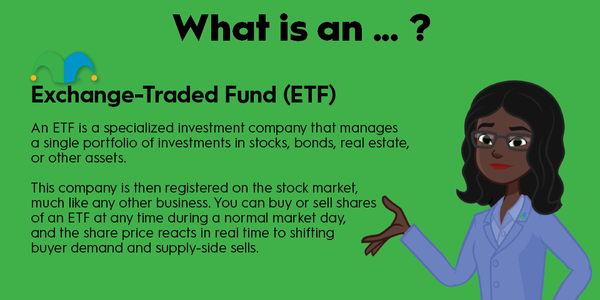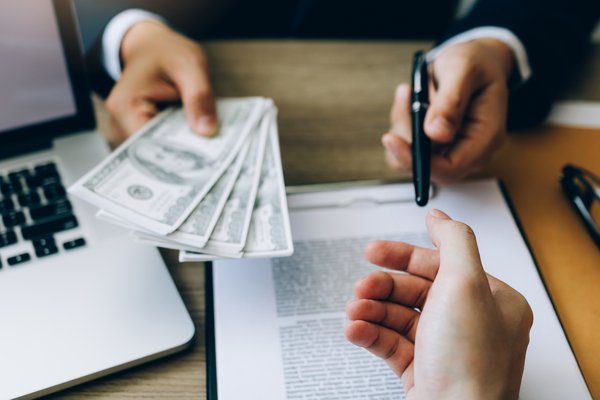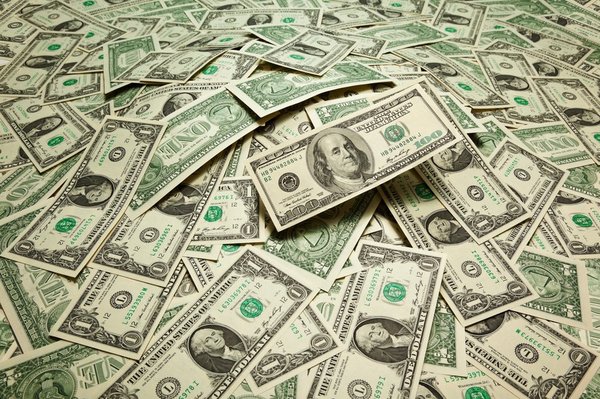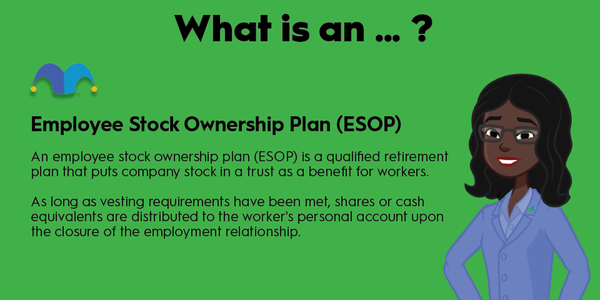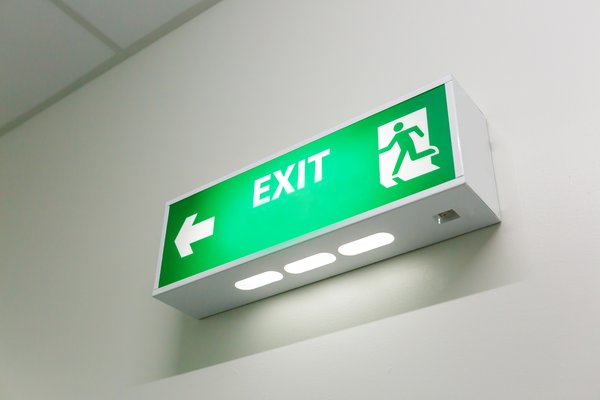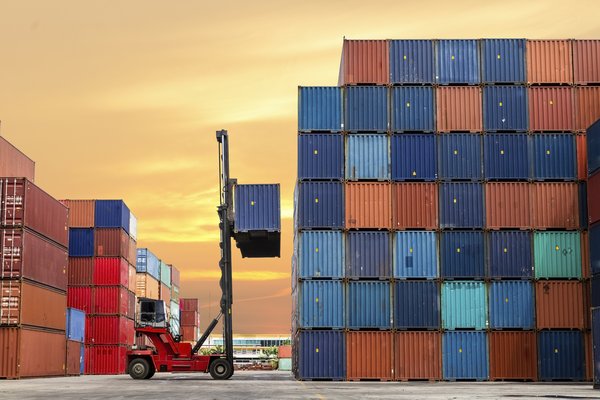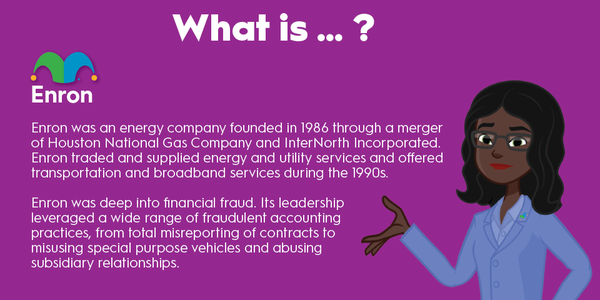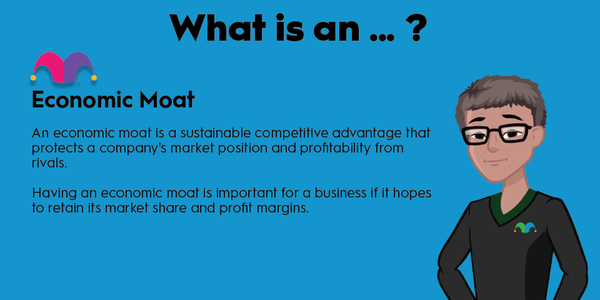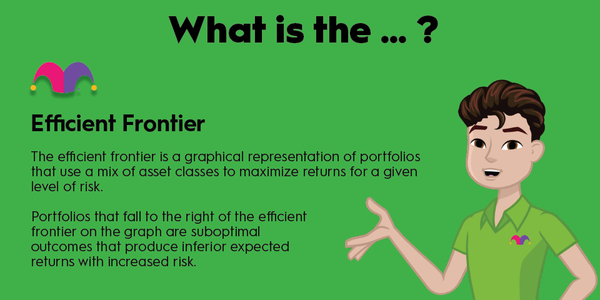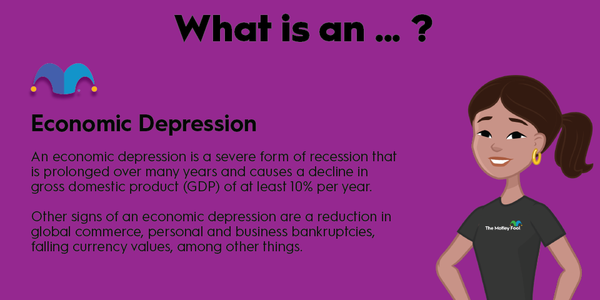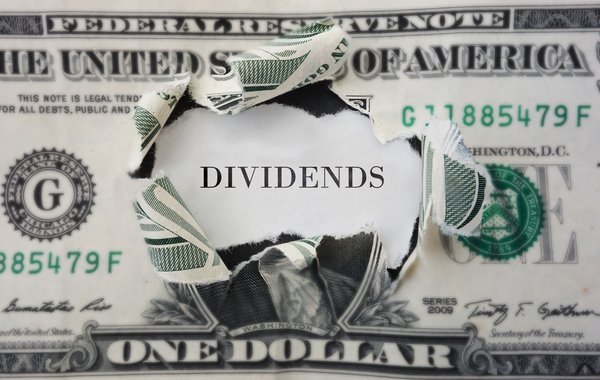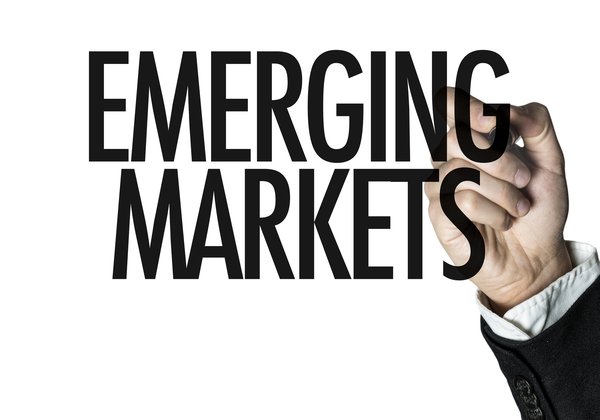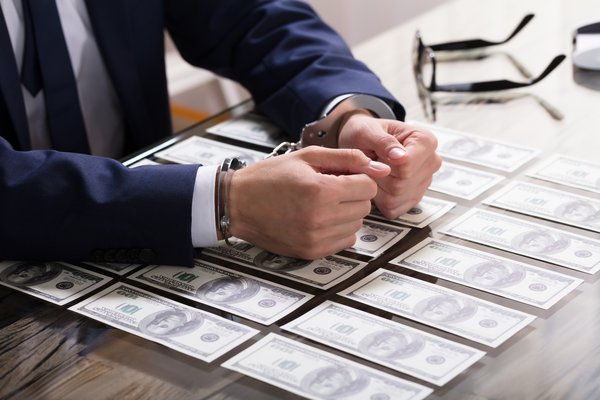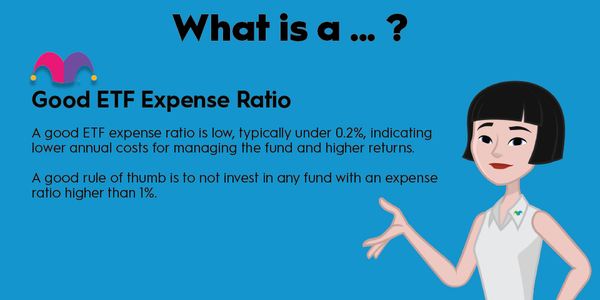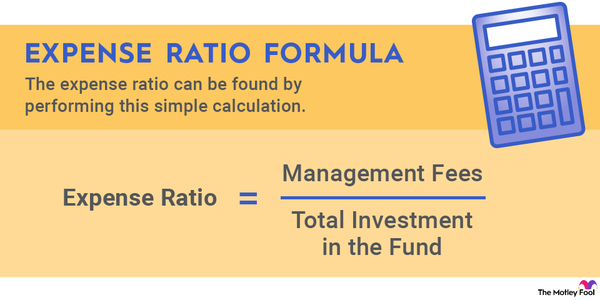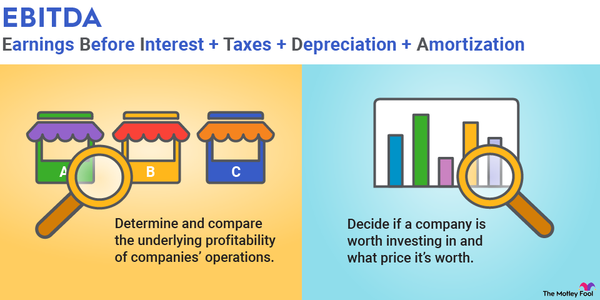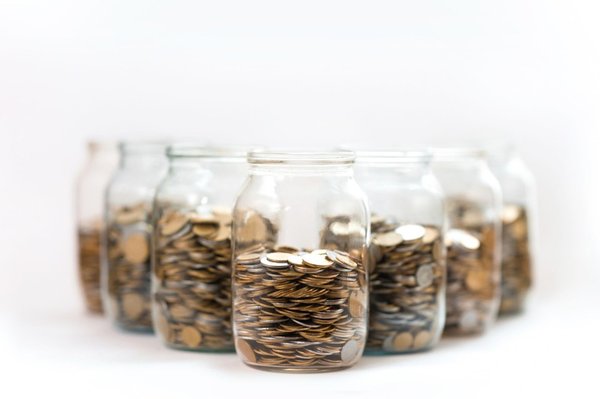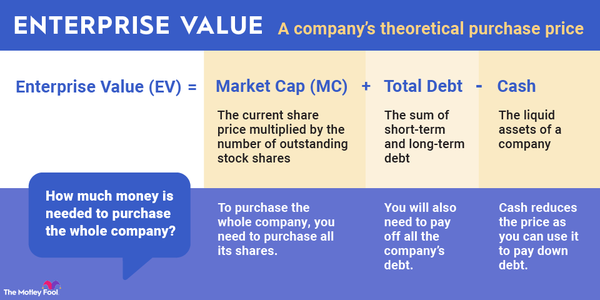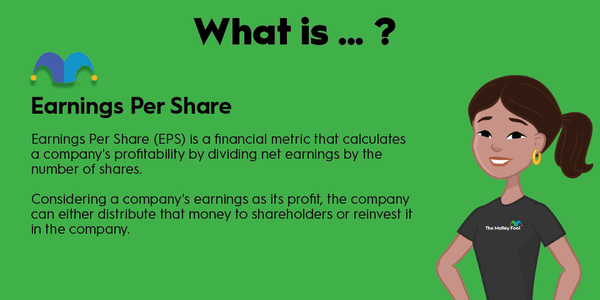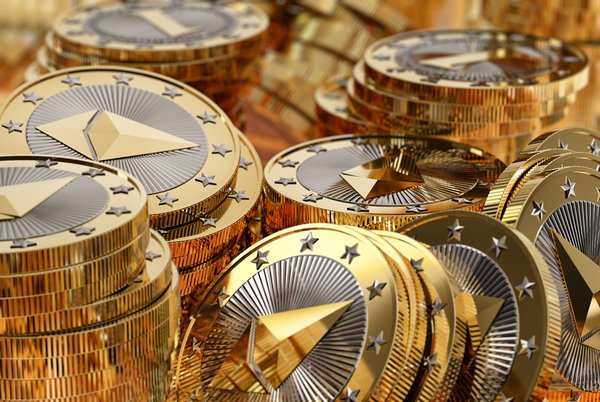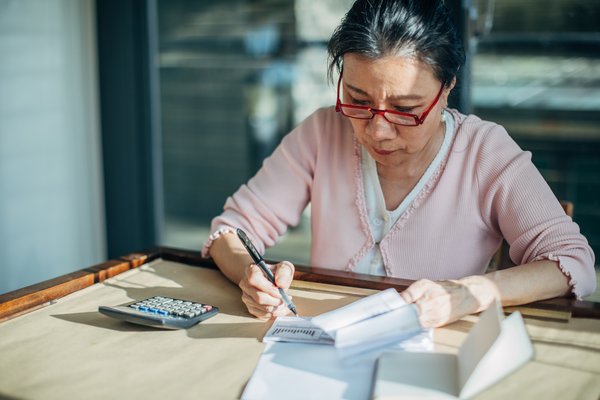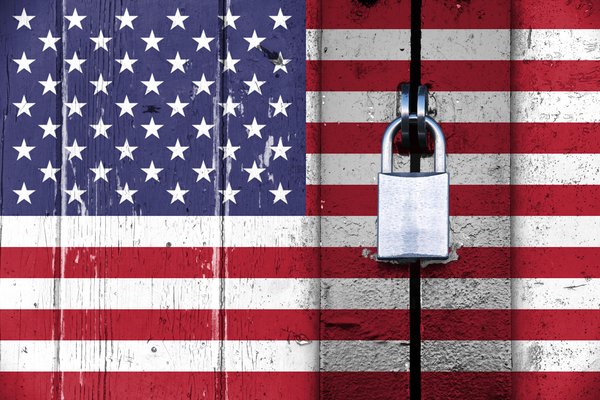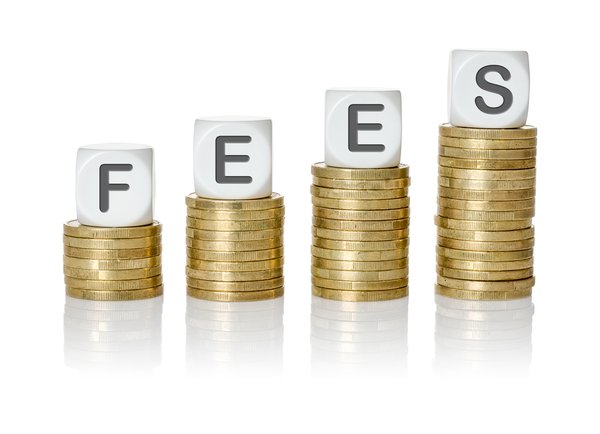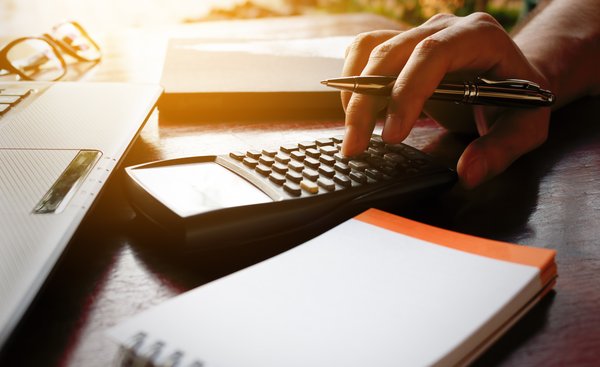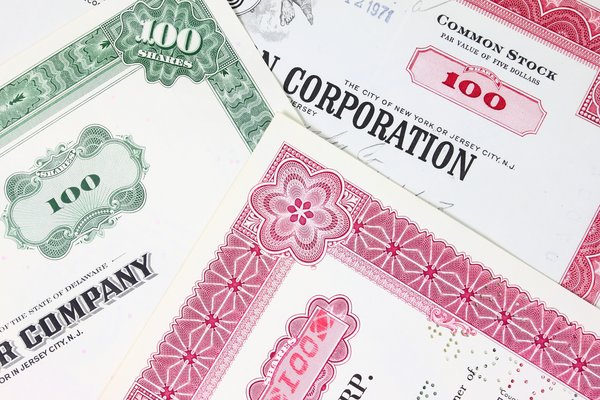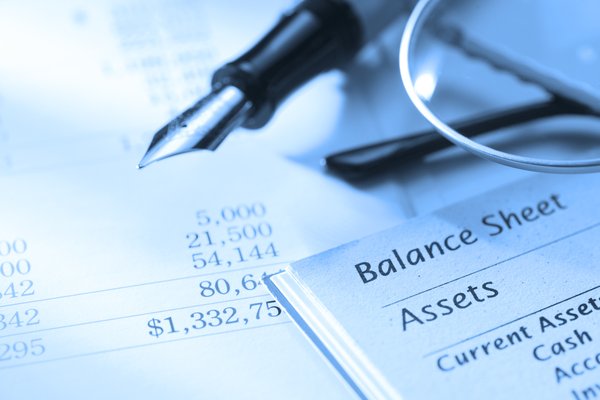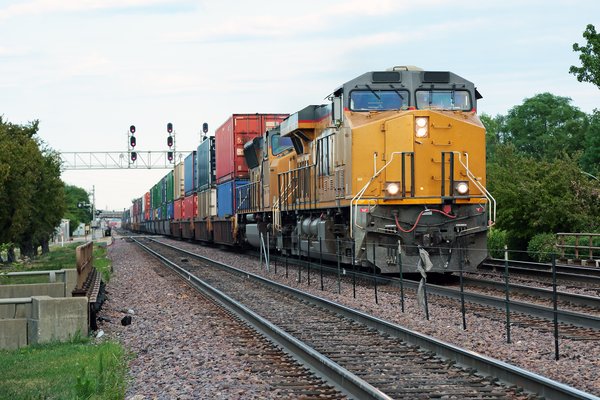Whether you're dealing in the currency markets or you're simply trying to buy goods from another country, the exchange rate is an important concept to understand. We'll walk you through it in this article.
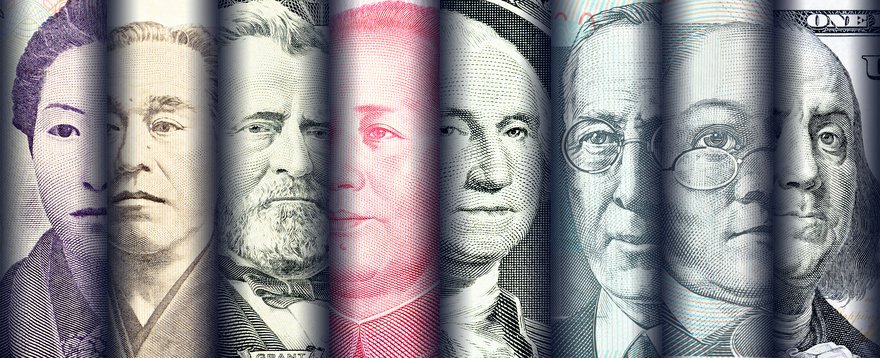
Definition
What is an exchange rate?
Simply put, an exchange rate is how much one type of currency costs to trade for a different kind. This can go either way -- the currency you're starting with, say U.S. dollars, might be worth quite a bit more than the currency you're trying to trade into -- for example, U.K. pounds sterling, or, it might be worth less than the currency you're trading into.
Either way, your money is subject to the exchange rate to trade it into different currencies since dollars and pounds aren't a one-to-one swap. Each has its own value on the world market, and the exchange rate determines how much of one type of currency you can get for another. This is the basis of forex trading.
How they work
How do exchange rates work?
Exchanging currency using an exchange rate is pretty straightforward. You can look up the exchange rate for any currency versus whatever currency you're using. In this example, we'll trade U.S. dollars for U.K. pound sterling. The exchange rate is 1 dollar to 0.8 pounds sterling as of the time of writing this article.
If I have $100 and I need to know how much I get if I trade it for pounds sterling, I'd multiply $100 by 0.8 to get £80; $100 x 0.8 = £80
The exchange rate works both ways, so if I had my £80 and I wanted to immediately exchange it back to dollars, I'd have $100. Doing the math that way, if I take my £80 and instead divide by 0.8, I'll end up with $100, since £80 / .08 = $100 (You can also look up the exchange rate for the opposite flow of money and multiply that just like above, rather than essentially reversing the original transaction).
Today, you can simply look up exchange rates and use an online calculator to determine your exchange value, which makes everything a lot simpler.
Factors that influence them
Factors that influence exchange rates
Exchange rates for many different types of currency tend to fluctuate regularly, though some flex a lot less than others. Here are a few of the most important factors that influence exchange rates:
- Domestic interest rates. A higher domestic interest rate can attract foreign investors who want to invest at that higher rate. The more demand, in theory, the more the currency is worth. In practice, inflation tends to balance this demand.
- Inflation rates. More inflation in a currency means less demand. No one wants to invest in a domestic currency that's over-inflated.
- Government debt. More government debt can impact exchange rates since it can reduce demand for a currency. It doesn't always, but this is often the case.
- Political stability. Foreign investors don't want much to do with a country's currency if they think the country is about to be torn apart by political upheaval. In these cases, the currency can become entirely worthless, so the exchange rate may drop.
- Imports and exports. A country that exports more goods than it imports may find a higher demand for its currency, raising the exchange rate. The inverse is true for one that imports more than it exports.
- Economic stability. Recessions are especially problematic for exchange rates since they often drop interest rates and also increase the risk to investors that the country's temporary blip will become a permanent one.
- Safe havens. There are certain currencies that, regardless of the things above, are considered safe havens for currency. They're generally considered to be stable, even in uncertain times, and tend to be used as benchmarks. These include the U.S. dollar, the euro, the Japanese yen, and the Swiss franc.
Related investing topics
Why they matter
Why exchange rates matter to investors
For a lot of investors, exchange rates don't really matter much. If you're investing in domestic companies with largely domestic suppliers, the exchange rates won't really affect you. But, if you're investing in, say, a company that does a great deal of importing and exporting, the exchange rate could matter a lot since it may affect the company's purchasing power and its cash flow.
This can be sidestepped if the company only does business in U.S. dollars, but many situations don't allow for that. A higher exchange rate may mean that your company's expenses go up and profit goes down unless the market can absorb a price increase for the product the company sells.
For foreign exchange traders, known as forex traders, the exchange rate is huge. They make currency trades every day based on factors that include exchange rates and their fluctuation.
In a very simple example, if the exchange rate from currency A to currency B is usually around 0.9 and today it's 1.1, a forex trader might take 100 of currency A and trade it for 110 of currency B, knowing that the rate should return to the normal 0.9 soon (barring any global or economic disaster), and they can simply swap their 110 of currency B for 122 of currency A, making a cool 22 units of currency A.
Forex trading is very speculative, though, and you definitely should consider factors beyond the exchange rate when making these decisions.
